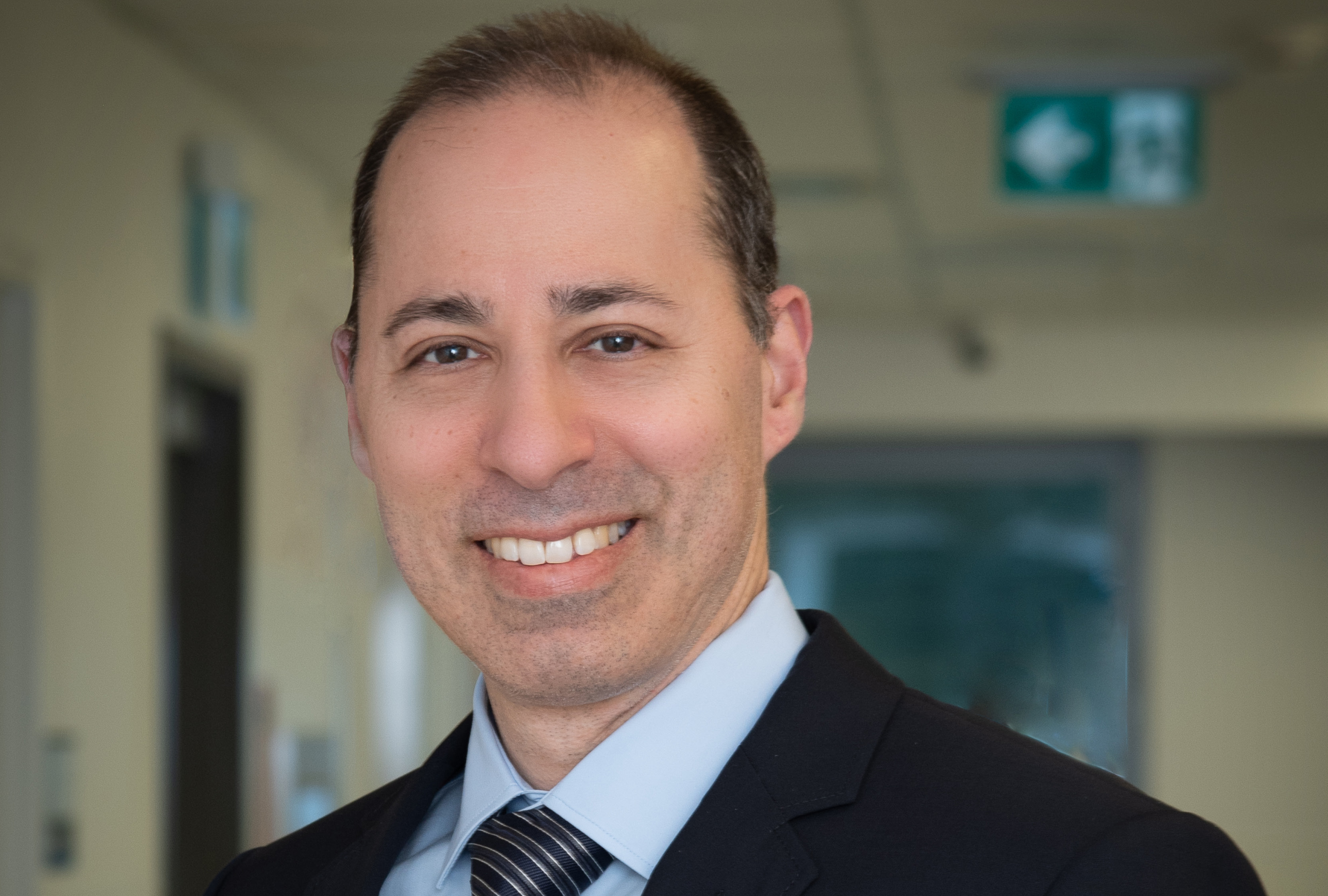Compensation Panel finds ways for more members to engage with negotiation process
The OMA Board of Directors has approved a sweeping set of recommendations to improve member engagement in the negotiation process.
The Compensation Panel’s plan to make negotiations more transparent and responsive to members is the first to make its way through the panel process under the association’s governance transformation.
The final proposal includes a suite of actions to improve engagement under four buckets: preparation, education, communication and structure. Some recommendations — such as informing members how to relay concerns through appropriate channels and providing opportunity for two-way communication — can be implemented in the short term.
Others, such as the creation of a more formal education program on negotiation for physician leaders, are medium- to long-term goals.
Once fully implemented, physician leaders in constituency groups will have a more uniform understanding of the negotiations process, said Dr. Veronica Legnini, chair of the General Assembly’s Steering Committee, in a recent interview.
“We will also ensure clear delineation of the roles and responsibilities of each participant in the negotiations process, from the board, OMA staff, physician leaders and the membership.
“There’s a huge variety of skill sets (on the Compensation Panel), and we have broad representation both on an individual specialty level, ranging from the specialty of primary care through to surgery, anesthesia, diagnostic medical and psychiatry” — Dr. Robert Dinniwell
“Finally, the recommendation on ensuring true two-way communication between physician leaders and the Negotiation Task Force will allow us to bring the membership along the process as it unfolds,” the Kingston family physician added.
The Priority and Leadership Group identified two compensation priorities in 2022: improving negotiation engagement and dealing with compensation for uninsured patients. The Compensation Panel then received the priorities for oversight of the recommendations developed. In this case, the panel’s work on the negotiations priority was compressed due to negotiations between the OMA and the province. Work began last August.
Since the next round of negotiations will begin in October, the panel decided to forgo appointing a separate working group for the negotiations engagement priority and took on the detailed tasks itself.
“We incorporated findings from the negotiations process and the review conducted by SuccessMap consultants into our process. We looked at other medical associations across the country and how they manage engagement of their constituency groups,” Dr. Robert Dinniwell told the PLG meeting in Windsor on May 6.
Panel members come with varied experience, some having previously provided input on negotiations, offering specific tariff expertise. “The panel itself is extremely highly functional. There’s a huge variety of skill sets, and we have broad representation both on an individual specialty level, ranging from the specialty of primary care through to surgery, anesthesia, diagnostic medical and psychiatry,” Dr. Dinniwell said in a recent interview. “And then there are members, like (vice-chair Dr.) Eric Goldszmidt, who have vast experience in terms of the tariff piece, or physician compensation.”
 Dr. Goldszmidt said OMA staff from various groups across the organization provided valuable feedback to the panel and were informed on its direction moving forward.
Dr. Goldszmidt said OMA staff from various groups across the organization provided valuable feedback to the panel and were informed on its direction moving forward.
“On their end, they could already start to try and position themselves to implement some of the themes and some of the ideas.”
Dr. Eric Goldszmidt, vice-chair of the Compensation Panel, said being part of a working group is where one can influence change and recommends colleagues get involved if they can.
Dr. Dinniwell added that OMA members are already seeing results with access to more educational materials, which they offered input into, and information on the negotiations process.
“If you look at the negotiations web page, it’s brand new. And some of its content is already influenced by us.”
The ultimate goal, said Dr. Goldszmidt, is to provide more transparency on a process that is somewhat mysterious to the average member.
“They are at least going to understand much better how the process works, why it works. Their leaders will be better engaged on their behalf, and whatever they can be told, they will be told at appropriate times.”
Dr. Nikolina Mizdrak, chair of the NTF and a family physician at Toronto Western Hospital, said the NTF’s work and goals align with that of the Compensation Panel and they share a commitment to transparency to the extent possible.
“It’s about education, education, education. And the NTF, Compensation Panel and many people that we’ve spoken to from the districts and the sections would all agree that transparency is very important in terms of the negotiating process,” she said.
“It’s about education, education, education. And the NTF, Compensation Panel and many people that we’ve spoken to from the constituencies and the districts and the sections would all agree that transparency is very important in terms of the negotiating process” — Dr. Nikolina Mizdrak
 For transparency’s sake, the Compensation Panel recommends increasing the number of physician leaders involved in “Sunday night” calls during which the NTF provides updates about ongoing negotiations.
For transparency’s sake, the Compensation Panel recommends increasing the number of physician leaders involved in “Sunday night” calls during which the NTF provides updates about ongoing negotiations.
Non-disclosure agreements are used to protect sensitive information and mitigate risks during talks with the ministry.
Dr. Nikolina Mizdrak is chair of the NTF and a family physician at Toronto Western Hospital.
“We’re going to really try to take what the Compensation Panel said about the Sunday night calls and work that in with our plan to try to be as transparent as we possibly can within the scope of the NDAs,” Dr. Mizdrak said. Adding more section executives to the calls, however, shouldn’t impact dialogue between the NTF and section executives attending the updates, she added.
Drs. Goldszmidt and Dinniwell said working on the Compensation Panel has been rewarding and urged more OMA members to participate on either panels or working groups.
“If you actually want to get your hands dirty, you want to be on the working group,” said Dr. Goldszmidt, adding that the Compensation Panel had a tough time choosing the working group for its second priority on compensation for non-insured patients because there were so many strong candidates.
The overall governance restructuring, Dr. Dinniwell said, has introduced initiatives that position Ontario’s doctors as thought leaders.
“This fits into that strategic initiative to build out in a way that the OMA seems to recently have done extraordinarily well. The OMA has brought forward some phenomenal work of a very high value that should affect meaningful change in our system.”
Katherine Kerr is an Edmonton, Alta.-based writer.